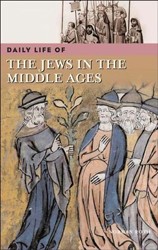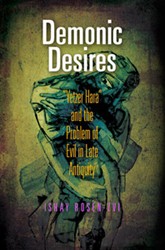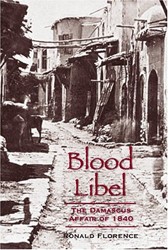In Early Modern Jewry, David Ruderman offers readers a comprehensive, multi-regional view of a period of Jewish history whose scholarship has mushroomed within the past decades. Given the sheer number of secondary sources, and the regional diversity covered, Ruderman sets himself a challenging and ambitious task, which he meets with mixed results.
Ruderman explores five phenomena that he believes best characterized Jewish cultural history in the Early Modern period. They are: increased mobility due to involuntary expulsions and voluntary migration; increased communal cohesiveness across geographical boundaries; the expansion of knowledge due to the printing press and print culture; crises in rabbinic authority coupled with the frequent incidence of messianism; and finally, the blurring of religious identity, as the observance of Jewish rituals became more about individual agency rather than rabbinic or communal pressure.
A few difficulties hamper the first two chapters. The first chapter, on increased mobility, would benefit from more discussion of how the expulsions and travels undertaken by Jewish merchants in the Early Modern period differed from similar trends in the Middle Ages. In chapter two, the regional differences create a somewhat muddled discussion, although the communal cohesion that Ruderman wishes to highlight comes through clearly. The final three chapters are stronger, clearer, and more persuasive, particularly Ruderman’s description of how the advent of printing transformed the experience of Torah study, bringing diverse commentaries together with the central text of the Talmud, a method of study that continues to this day. Despite a few initial flaws, this is an interesting, useful introduction to Jewish history and culture during a period of dynamic change.





